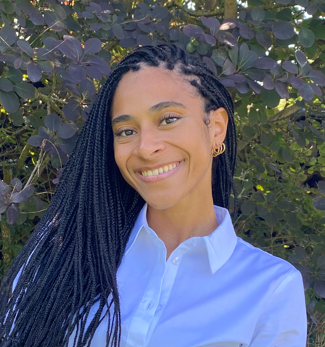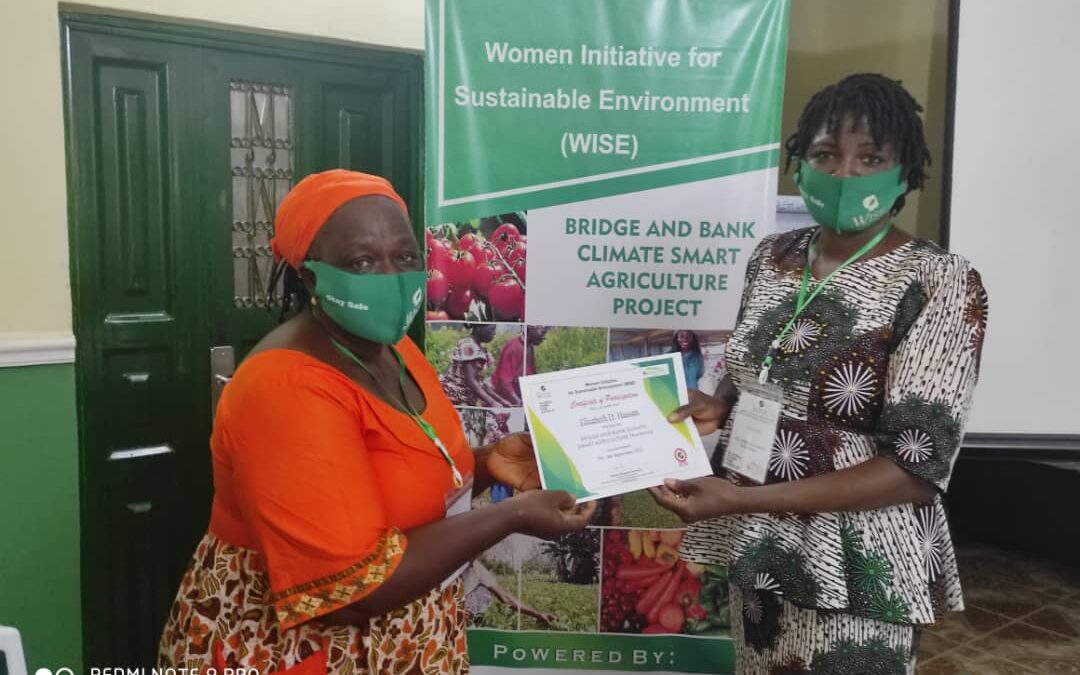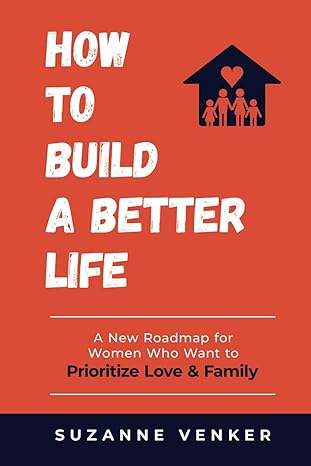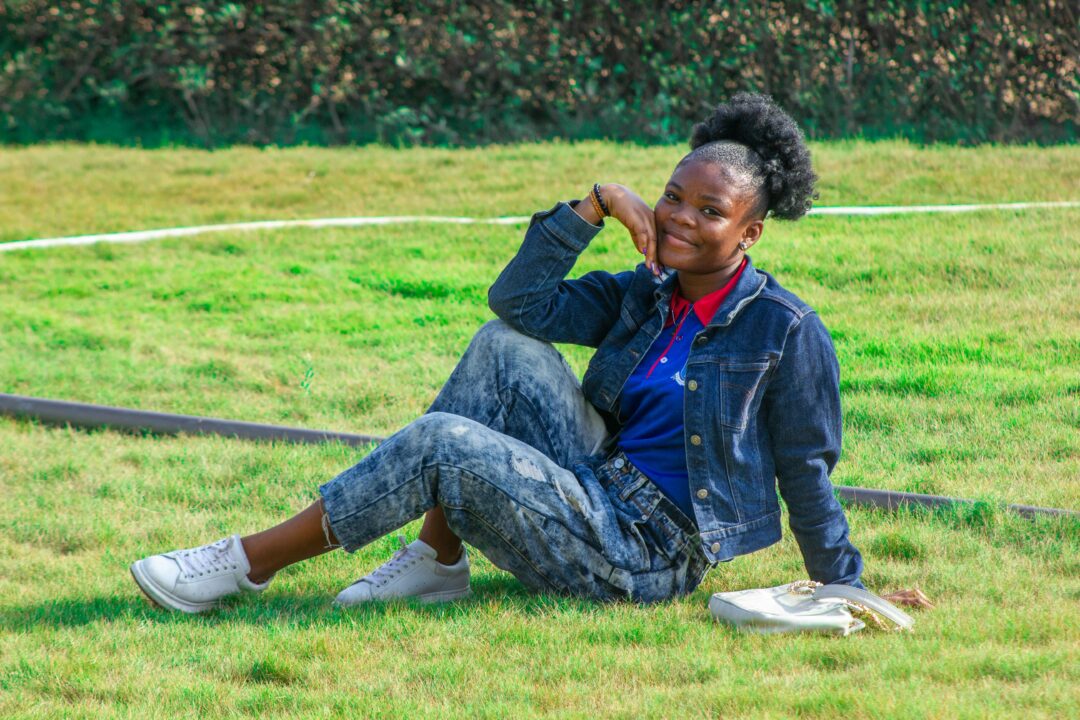
Nigerian Clean Cooking Forum 2021 exhibition

WISE 2021 International Women’s Day

WISE 2021 International Women’s Day
Interview with Olanike Olugboji, Environmental Consultant and Founder of WISE
Can you introduce yourself ? Where do you come from? What is your professional background? How did you become interested in gender issues and sustainable development?
My name is Olanike Olugboji and I am from Nigeria, specifically from South Western Nigeria but I was born in North Western Nigeria, Kaduna State. I have lived in Kaduna State for over 40 years.
I have a first and second degree in urban and regional planning and I worked more in the field of development work as a social entrepreneur. I only worked briefly with some consultancy firms where I practiced my profession as an urban and regional planner for a few years but I have always had this passion for the environment right from childhood because growing up in the city of Kaduna State in North Western Nigeria, I had a privilege to have come from a middle class family and I grew up within the metropolitan area of Kaduna State where I had access to potable water from our taps in the home. But times when we had to travel by roads when it was safe to travel in the late 70’s, early 80’s in Nigeria, I saw women, children walking and I always wondered where they were walking from actually because you couldn’t even see houses around, you just saw them walking over long distances, carrying containers or water on their head and I was always wondering : where are they coming from and where are they going to?
Aside from that, as a child, each time I saw people just litter, throw things out of their vehicle, throw things on the ground while they are walking, it always kind of got to me. I always just had this interest that some day I would be able to understand the story behind the women and children carrying water over long distances and also be able to educate people on the need to keep a clean environment. I just was really concerned when people would just litter or find themselves in very dirty environment. As I grew up, in school I was known to mobilize people to do cleaning especially when I was in the University where we were living in private hostels of campus. People were not interested in making sure that the environment was clean so I always had to talk to many some of my close female friends and say: “Please, let’s just make this environment habitable for ourselves and others”. So, I knew somewhere within me that I wasn’t going to practice my profession for long but would find myself within the development sector, advocating for environment management and protection.
So, in 2004, I started thinking of finding other organizations who were already doing something on the environment to maybe protect the environment, educate people on the need to protect the environment but I found none. The only organization that was doing something around environmental protection has already left Kaduna State at the time and so, I just launched a project which I called Environmental Management and Protection Network, still with the belief that someday I will probably be able to find organizations which are interested in focusing on issues around the environment.
Also, after launching that program, I found that much of the challenges that I was interested in addressing on the platforms always took me back to the doorsteps of women in the communities. I was interested in tackling issues around access to clean and safe water, access to cooking energy, tree planting, solid waste management and other related issues. And so, I found that each of these issues were related to women in the communities. Sadly, we found out that the voice of most of these women were not heard when it comes to the issues of how the environment is protected, how is it managed. They were just in the dark about how a lot of these issues around environment affected their lives. So, with my team members we started thinking around how could we best serve these women in these communities. Fortunately for me, I got selected for the women leaders for the world program in Santa Clara University in 2008. So, with the knowledge and information I got from that phase, I started looking at how to equip women with information and skills that will help them be at the front line of leading environmental solutions to a lot of the environmental problems in their communities.
So, I came back to Nigeria and we reworked the name of the organisation and we came up with Women’s Initiative for Sustainable Environment so that the name will actually project what we were now all about.
So, what is WISE all about ?
It is not just about addressing every environmental challenges we find but more of those that directly affect the lives of women across communities because there are facts that tell that women are the most affected by environmental challenges. For example, the issue of access to clean cooking energy; the facts and figures around the health consequences and the environmental consequences; women tracking as much as 2 km or more from their communities just to go and gather firewood for their cooking. And in the process of doing this, a lot of them get assaulted, some of them get raped, some of them get kidnapped. At the end of the day, no one is talking about these issues. So, we started looking at working with women across communities to see how they can be at the front lines of addressing these environmental challenges that have a direct impact on their life or the life of their family members and their communities.
How is WISE funded?
From the beginning, it was just something I was passionate about and I did a bit of consulting work that has helped me earn an income. I channelled part of that income to launching the ideas that I had. Over time, as the work continued to grow I had family members who were also supporting me and then in 2007 I found World Pulse. I had become connected to Women Earth Alliance which was then Women Global Green Action Network. In 2005, Women Global Green Action Network launched a search for women who were working on issues around environmental justice and social justice around the world and I was one of the women that were invited for the first strategic meeting in Mexico though I didn’t make it but I kept in touch with the organizers and eventually one of the organizers launched the women earth alliance and I am a funding member of the Women Earth Alliance which has been a formal partner and founder of WISE. I think our first funding support came through Women Earth Alliance. From way back, in 2005 when we got fund by Women Global Green Action Network and we got connected with World Pulse, that has continued to create visibility for our work and also attract funders. We’ve benefited from funding support from Women Earth Alliance, Global Greengrants Funds, we’ve benefited from capacity building support from Women Leaders for the World. We’ve gotten support from UNDP, a project funded by the United Nations development program and global program facility. Recently we’ve also be funded by Global Funds for Women.
Is the scope of action of WISE limited to Nigeria or is it broader?
It is broader because we’ve been able to exploit technology for our advocacy work. For example, I have an online journal which I call Women’s Environmental Think Tank.
Exploring technology for my work in terms of projecting the voice of these women through my writings, telling their stories, creating visibility around the issues that affect them have also given a global outlook to our work. So we’ve been able to find partners around the world. In Nigeria, our work is national, we work across the geopolitical zones of Nigeria.
Can you explain in more detail your strategies to educate women on sustainable development? How do you sensibilize them?
We do a lot of advocacy. We disseminate information. We form these women into groups. We conduct a lot of trainings. We build the capacities of these women around various areas of interests. For example, we have the WISE women’s clean cookstove entrepreneurship and training program that focuses on building the capacities of women to become clean cookstove entrepreneurs and advocates. To make sure that they would educate people in their community on the negative impact of deforestation, reliance on the traditional methods of cooking which are not energy efficient and also led to the deaths of so many women. We do training, we do advocacy, we do awareness creation, we do digital empowerment training because we believe that, in the times that we’re in, digital literacy is key for women to become more informed and also for creating visibility around the solutions that they are proffering in their community. So, these are some of the activities and strategies that we explore.
Do you find it difficult to make your strategies effective?
Yes. When we initially launched out it was quite challenging to get people to understand what we were actually trying to do. Particularly because Nigeria is culturally speaking very much patriarchal. When I launched out, I got challenged by some men who felt like: “what are you doing, you’re just a women, you should not be doing this, you won’t find a husband, etc”. Also, it was strange to find a woman who was working with a major government agency that works around the issues of environment. I actually thought for a women to find someone like me doing what I was doing, that she was going to be very supportive but rather I got challenged by her asking me if I was going to take over the assignment, the task of the government agency. And I said no I was only working toward complementing their effort across the communities that they also covered. But over time, we have been able to penetrate communities and also get a lot of men to endorse the work that we were doing not just by exploring gender responsive approaches to our work but also preaching the message of gender equality and women’s empowerment in the light that it is not a competition or contest between men and women but rather a collaboration, a partnership to make life better for men, women, children, households, communities. And with that approach, we’ve been able to get a lot of men supporting our work and also helping us carry the message to their wives, their mothers and their daughters.
You mentioned the patriarchal aspect of the Nigerian society. Do you think that women are more exposed than men to environmental issues because of the patriarchal aspect of it?
Yes. So, over the years, women have kind of been laid back and marginalized because of the traditional system that does not give them a place at the decision making table. It has been quite endemic and the message we’ve been carrying to most women in the communities is that we do not really have to wait to be called to the table: we can create our own table and begin to work from there.
Over time, women became more informed, more equipped with knowledge, information and skills that helped them have an impact on their communities. They get noticed and I believe that has contributed to pave the way for women to become relevant within the sustainable development and gender issues. For now I wouldn’t say that there are more women. I have quite a number of other women and girls who see me as a role model for them and that has also help them to become more interested in issues around sustainable development, gender and equity. We have quite a number of women groups that are registered within our organization and we continue to support them with agency and different interventions that we continue to launch as we continue to drive the cause that we represent.

Nour Duprez
Global Wo.Men Hub Intern





Commentaires récents